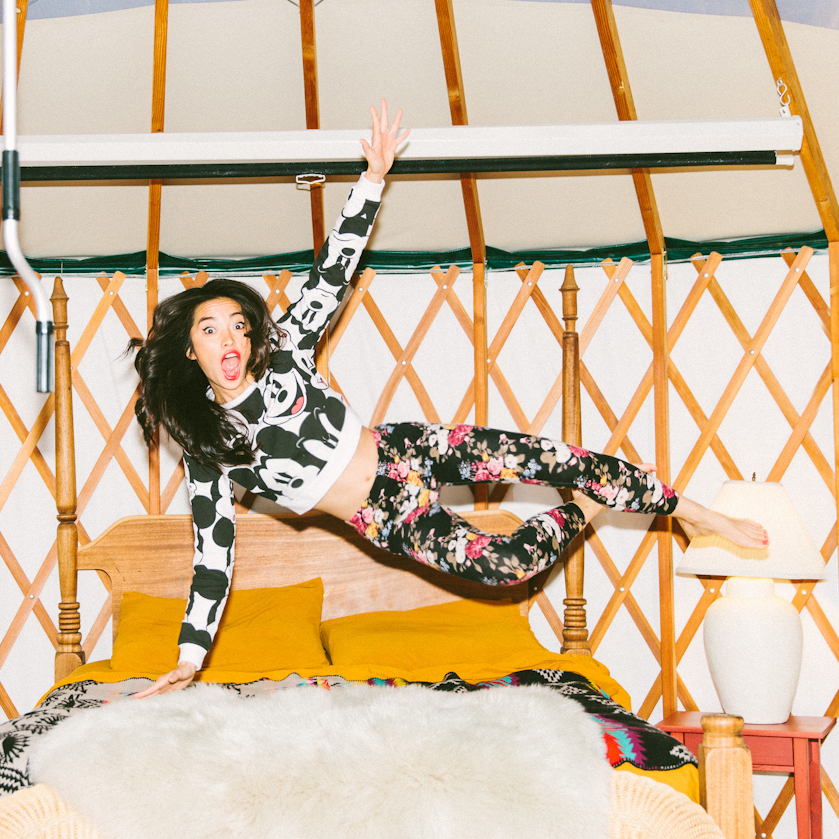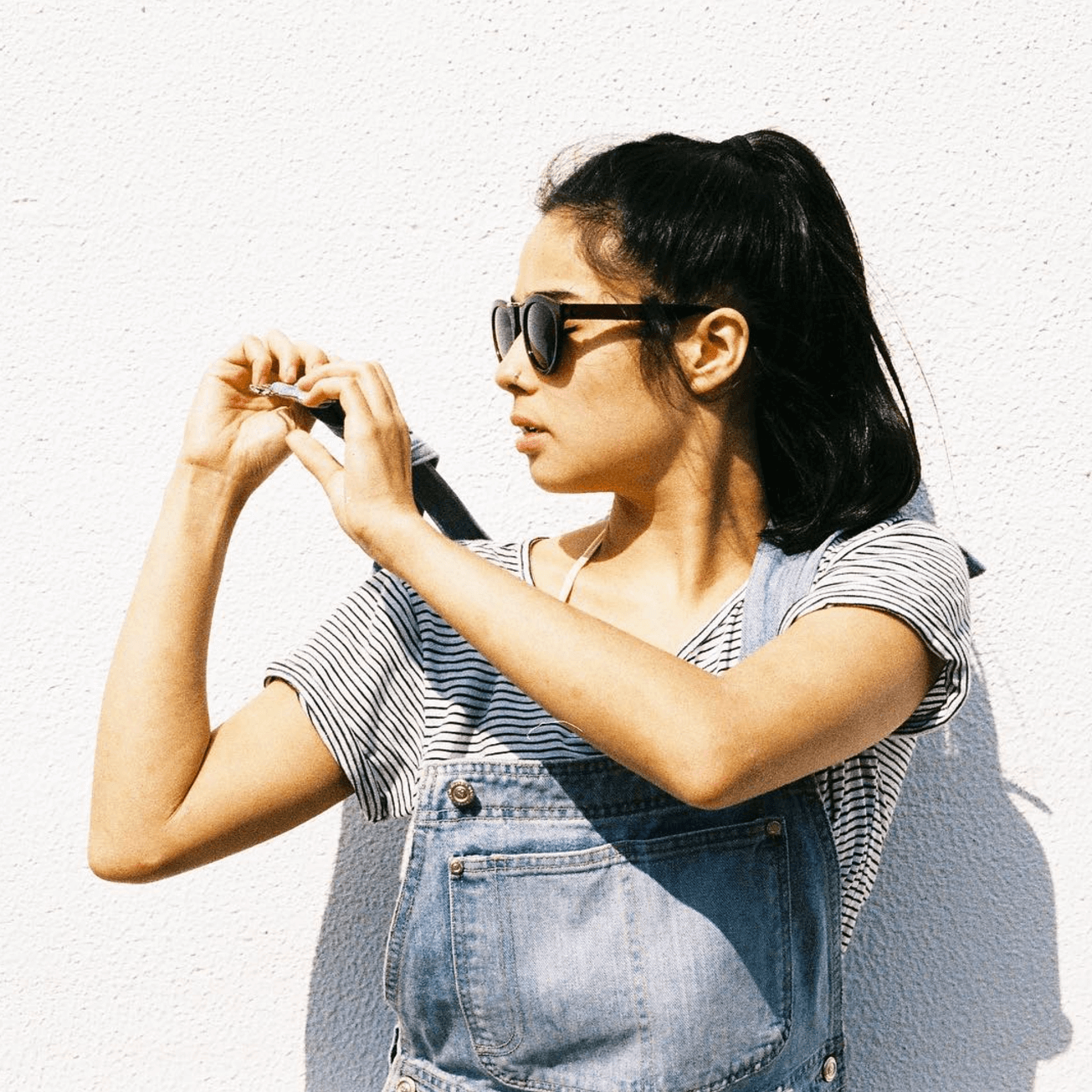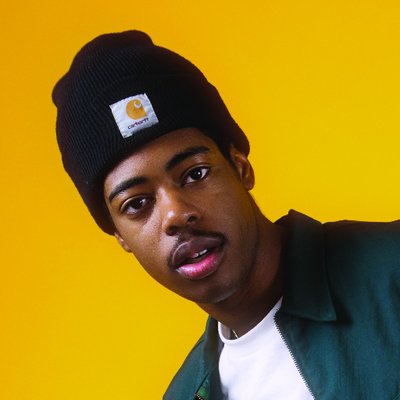You’re a busy man managing a bunch of different things. Could you give us a run down on exactly what you’re doing at the moment?
At the moment my main things are Ha-ven – which is an artist representation agency, Goodspace – a Gallery which I run, my label Pseushi I run with my friend Wes, and I also take photographs. Alongside that I sporadically sell film cameras as Lucky 35.
Could you talk about the first project you ever started – and your motivations behind starting it?
I had a project self publishing zines. I initially started off with my own zines, then started selling my zines alongside other peoples zines, then became a little publishing house and online store selling a variety of stuff.
A few of the things I was into like hardcore music and graffiti had a huge DIY element, and I think that really got implanted in my brain. If I want to do something, I just do it I guess. I think other people need to learn to take that first leap. Run some zines off on the work printer and sell them to your mates.
I feel like for some people there’s a lot of anxiety and doubt around creating things – people are scared it’ll open themselves up to criticism etc. Did you experience any of that?
To a degree a lot of my earlier stuff were compilations. I’d put together zines of photographs by a bunch of IRL and internet pals, and then sneak a few of mine in there. So I guess that helped a bit, being surrounded by other quality artists. If you want to show some work in a gallery, get a crew and make a group show and do it as a team.
Nice. So around this time you were also helping out with shows at The Tate Gallery in Glebe. How’d that all come about and what was your experience like?
It was all started by Marty Routledge. He was initially a boss and mentor, but grew into a friend. He put out a call for an intern as he was starting up Lo-Fi Collective – an early Sydney low brow gallery in Darlinghurst. I responded to his call out and began working with him for free. I would say I owe everything to him. Marty’s another big proponent of the DIY culture, and he really instilled that in me.
After a bit of time with Lo-Fi, he also started up the Tate Gallery in Glebe. He gave me the reigns of it a little, until I took it over totally.
Both Lo-Fi and the Tate were actually situated above pubs, both owned by Paddy Coughlan – a Sydney pub mogul. Paddy is a rare breed of businessman who can actually appreciate the non-monetary value of supporting creative culture.
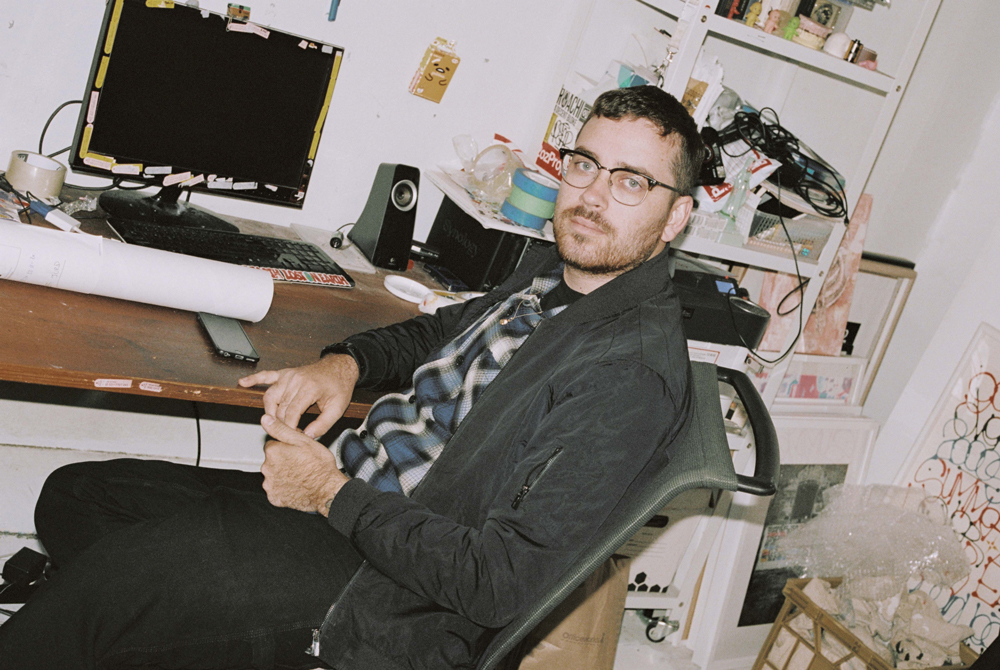
How did you move on from the Tate and onto Goodspace?
Marty moved to New York, and Lo-Fi and the Tate finished up. Around this time Paddy left his previous company and bought The Lord Gladstone in Chippendale, and hired me again. We did Goodspace above the that pub, and I’ve been running it for 2 and a bit years now. Feels way more recent then that.
Both Lo-Fi, the Tate and were situated above pubs as well. It’s an interesting situation that works out really well. The artists get rent free and commission free space to exhibit their shows, and the bar makes money by selling food and drinks with the extra people that come through for the show. So it’s like everybody wins?
We continued this model with Goodspace and Paddy pays me a fee for running the space and producing the shows.
It’s actually pretty ingenious. It sounds simple, but as a concept for bars or pubs – it’s really creative man. Paddy is pretty visionary with that stuff, even if a show makes no money it still brings intrinsic value, just by supporting the arts. The kids that come through for a show might come back another day and drink, and tell their friends. It just builds goodwill in the community.
I find it interesting how you speak of hardcore and DIY. I’ve personally grown up in these cultures and although I love everything they have instilled in me, I feel like there is a massive downside to these cultures. They often breed individuals who are so enthusiastic about the pure excitement that comes from creating something, that they do not seek, and even sometimes detest the idea of making money from it. I believe this has causes many really sick projects to suffer and go under, purely because they had no way to finance it and make it viable. What do you think about this?
I feel that 100%. I think being on the fringes of hardcore – never being in the so called scene, but just enjoying the music and history helped me in that regard. I think it’s also in Art, but not so much anymore. It used to be the way that if an artist did a thing for Coca Cola, it was like “fucking sell out.” But now its so ubiquitous that its like “oh cool man, art with Coca Cola, congrats.”
Definitely – I think it’s gotten better as a whole recently. So once you got settled in at Goodspace it seems like you just dived head first into a bunch of different projects. What pushed you to keep doing more stuff?
I’ve kind of always had a bunch of things going? I think it’s just how my brain works. Most of have been really organic for lack of a better word, Ha-ven is a great example of that.
I was running galleries and spending all my time around artists, and found that all my friends who were artists were having trouble managing the business side of their careers, and it would weigh them down when all they wanted to do was paint.
Logistics and mental lists are my kinda thing so I just spoke to them and was like “Maybe I could run that stuff for you?” and it just grew from there. All the artists in my agency were my friends before working together.
I think generally my attitude is if I have an idea for a product, hobby or business or whatever – and it keeps running around in my head, surfacing over and over, then I just have to do it. If it doesn’t work or whatever, I’ve learnt lessons, built something and made friends. It all adds to my skill sets. I’ve had a bunch of sick projects that I’ve walked away from.
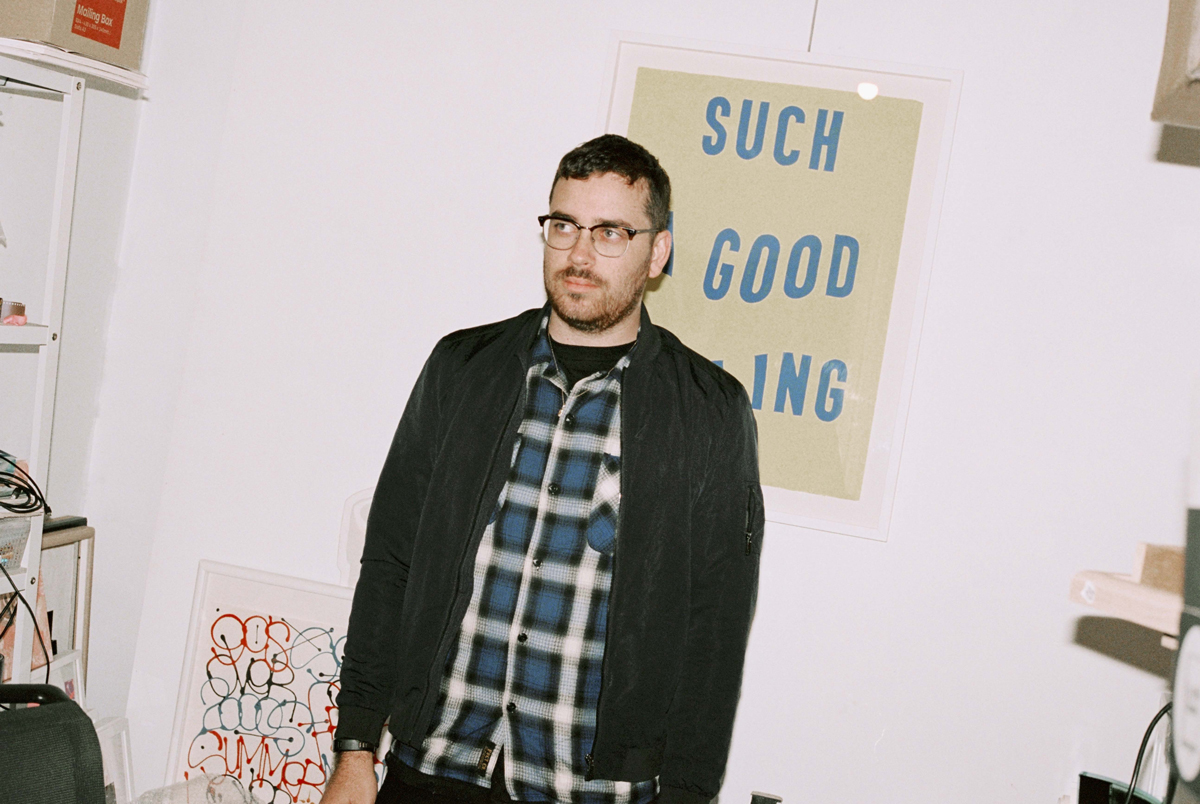
Do you often have to pull back and stop yourself from starting new things?
Yeah, all the time. I think thats where the brain gestation period helps. If I keep an idea at bay saying I don’t have time, and it keeps coming back up, then it’s a good one and worth doing.
So how do you manage your day to day and work on all of your projects simultaneously?
Just lists. One list actually. It has everything and I just add to it, arranging it by deadline and importance. I use Asana on my phone, and Calendar is a huge part for scheduling shoots and meetings.
Do you have a space or studio you work from?
I have a space at Goodspace, which I base from and then have to jump out to work on other things.
Could you give us a run down on your day to day life?
No two days are the same, so I guess it’s more of a weekly thing for me.. I have always have photoshoots and meetings scheduled which are out of office. I also train two days a week for two hours in the morning. Aside from that, fI’m in the studio most days from 8.30am until around 4 or 5. I work best in the morning so the earlier the better to get going. As the day goes on I drop off in concentration. My partner works 9–5 so I try to keep similar hours so we can actually hang out, and I try my best to not work weekends and nights. But I can’t always promise that.
Nice! How do you end up spreading your hours out across your various projects?
I just have my list going and I work through it all, and add to it as stuff comes in. The hours I dedicate to Goodspace varies, but shows are every Wednesday night, which means there’ll be an install happening at the beginning of the week, and then the show. Having run galleries for like 5 years now, I have it down to a science. So it definitely doesn’t take too much time, maybe 1 and a half to 2 days but it’s mostly just being there to help when needed.
With the artist management stuff it’s interesting because it’s a million small jobs. There’s not much big project stuff on a regular basis, so it’s just emailling a lot and working through the smaller tasks.
The majority of my work is actually just emailling, scheduling, making presentations and invoicing – so not matter the project, it all gets done in the same window at once.



